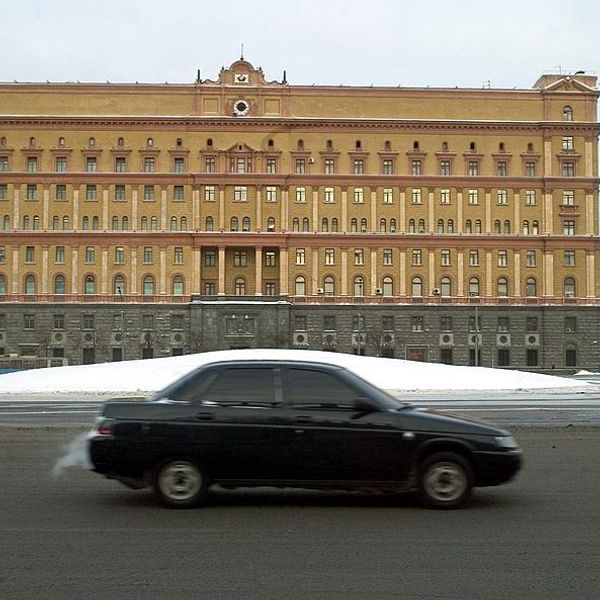Bottom Line Up Front
- The spread of the coronavirus will pose significant challenges to voting and elections in the United States in the lead up to November 2020.
- A greater reliance on ‘e-voting’ will likely result in an increased risk of foreign interference, election manipulation, and cybercrime.
- To distract the public and redirect Americans’ anger over his mishandling of the coronavirus response, President Trump has begun calling the coronavirus the ‘Chinese virus,’ taking a page from the populist playbook.
- Viruses are undeterred by borders and, as demonstrated over the past several weeks, the international community is only as strong as its weakest link.
The recent history of U.S. elections is one perhaps most aptly characterized by technical difficulties, foreign meddling, and domestic discord. The upcoming U.S. Presidential elections, scheduled for November 2020, were going to be, even in the best of times, extremely divisive. Now this election—and the elections for Congress and state and local offices—will be held in the midst of a global pandemic—the coronavirus—that has shattered economies across the globe and shut down cities and towns. There are few historical examples from which to draw upon as the United States moves closer to the 2020 Presidential election. With most large public gatherings either banned or adamantly discouraged, candidates for office now find themselves and their supporters in varying forms of quarantine—some are physical, while others extend to reliable and data-driven information. The hyper-partisan nature of the U.S. electorate is now such that perceptions of the coronavirus are, in part, shaped by one’s political party affiliation. For weeks, prime time hosts on Fox News attempted to downplay the threat of the coronavirus, referring to it as a ‘hoax’ and suggesting it was all a plot to make the Trump administration look incompetent. This torrent of mis- and disinformation creates significant challenges for any possible ‘whole of society’ approach to address the pandemic, because there are now competing subsectors of society, each with their own narratives and versions of ‘truth.’
Logistically speaking, the approaching national elections are going to be a problem to carry out if mitigation factors such as social and physical distancing remain in effect. Some states such as Washington already have robust voting by mail; many other states do not and will need to quickly devise similar systems if the pandemic still has not abated by late summer. A greater reliance on ‘e-voting’ will likely result in an increased risk of cybercrime and election manipulation. There is also a chance some Democratic primaries and local and state elections could be delayed or even cancelled. For example, Georgia, Kentucky, Louisiana, Maryland and Ohio primaries were postponed because of the coronavirus. At this stage, with the Sates only slowly coming to grips with what is happening, and a peak of virus-related illness and death still weeks away, it is impossible to forecast what will be considered feasible and prudent in terms of an election.
The pandemic will reshape how citizens view their government and the economy. Some officials will rise to the occasion and lead a focused effort on mitigating the worse of the impacts and building a more resilient community in the wake of the pandemic. Others, however, will resort to blame and demagoguery in a pathetic attempt to leverage fear into political support. The United States is already experiencing a rise in violent white supremacy and the proliferation of anti-government groups. COVID-19 will likely serve to catalyze these groups further. Law enforcement, at every level—from local to Federal—is going to be stressed and resources and attention that might have been dedicated toward countering crime and terrorism will naturally be diverted toward coronavirus-related issues.
In an effort to distract the American public and the electorate more generally, President Trump has taken to calling the coronavirus the ‘Chinese virus.’ His aim is to redirect Americans’ anger over his mishandling of the coronavirus response, which has been deplorable, to outside entities like the Chinese Communist Party (CCP). And while Beijing should undoubtedly bear some of the blame, especially for the Chinese government’s suppression of information about the virus in the early weeks and months, China’s actions have nothing to do with why the United States lacks the ventilators and personal protective equipment to keep nurses, doctors, and other health care workers safe. The coming weeks and months will be incredibly challenging for the United States and for nearly every other country. ‘America First’ is particularly unsuited for a pandemic. A ‘go it alone’ approach domestically will pit states against states, just as a similar approach on the international level makes it a zero-sum game, with every nation forced to fend for itself. There are already significant tensions between the United States and its closest allies over travel bans and policies enacted by Washington with no advance notice or discussion about the best ways to approach the virus in a unified fashion. Viruses are undeterred by borders and, as demonstrated over the past several weeks, the international community is only as strong as its weakest link.











